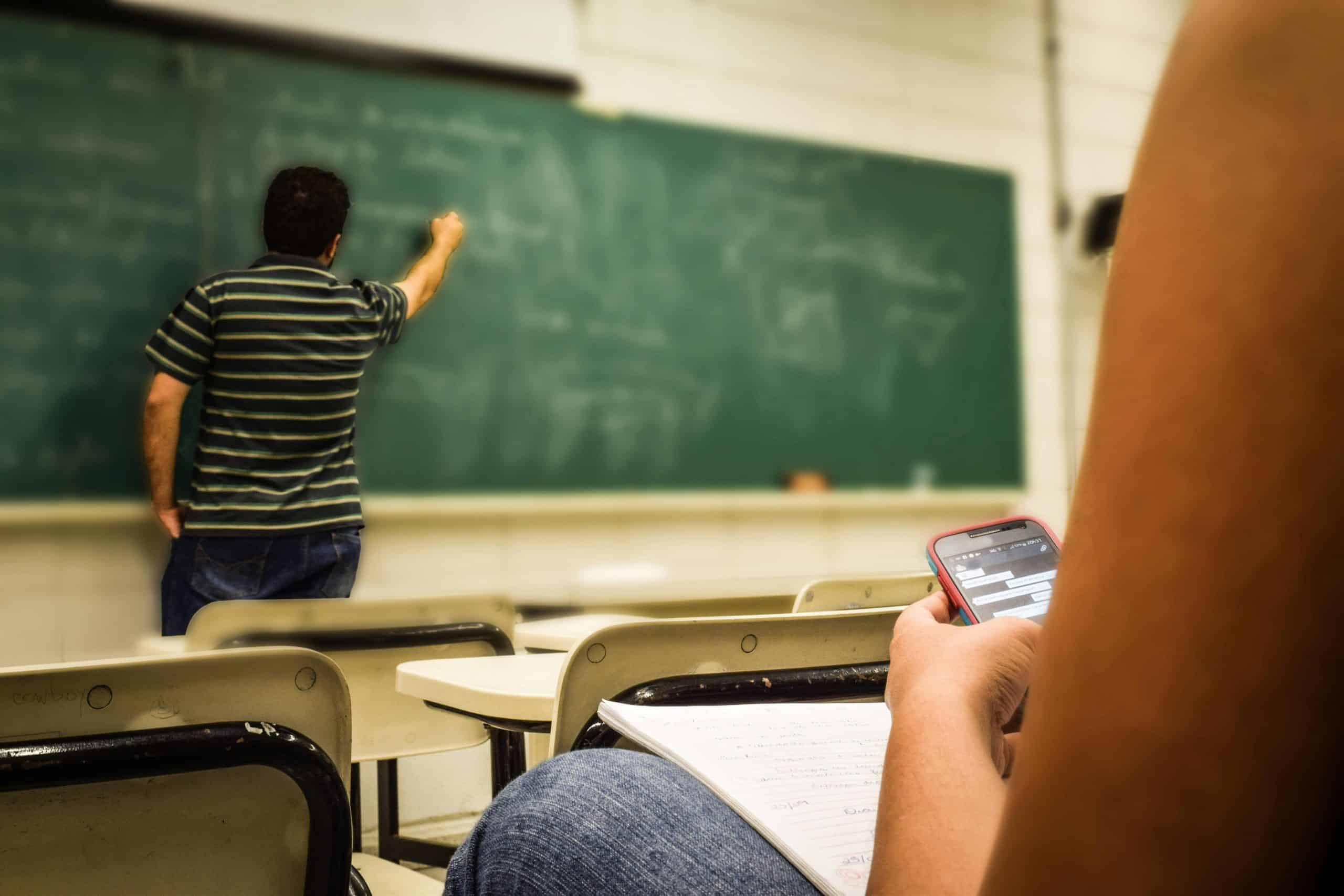The Advent of Self-Learning AIs in Education
The UK’s educational system is undergoing a dramatic technological revolution, courtesy of the Self-learning Artificial Intelligence (AI). Gone are the days when education was seen as a one-way street, with teachers as the sole source of knowledge. The paradigm has shifted with the emergence of this innovative technology. Self-learning AIs, which are capable of self-improvement through continuous learning, are being integrated into the UK’s educational framework, causing a significant shake-up.
Primarily, these AI systems learn from the data they consume, with the ability to modify their behaviour and improve their performance over time. This groundbreaking technology’s potential to revolutionize the UK’s education sector is enormous, yet it also presents challenges that cannot be ignored.
In the same genre : How Can UK Homeowners Incorporate Smart Appliances for Energy Savings?
Self-Learning AIs Promote Personalized Learning
The incorporation of self-learning AIs into the educational system has paved the way for personalized learning. In traditional classrooms, it becomes challenging for teachers to cater to the unique learning needs and pace of each student. However, AI-powered systems are rapidly eliminating this hurdle, enabling a more customized and interactive learning experience for all students.
Self-learning AIs can observe and analyze the learning patterns of students, thereby providing personalized recommendations to improve their academic performance. These intelligent systems can assess a student’s strengths and weaknesses in real-time, enabling them to provide custom-tailored content that matches each student’s learning style and pace.
Also read : What’s the Potential of Microscale 3D Printing for Medical Devices?
Moreover, self-learning AIs can provide instant feedback, helping students understand their mistakes and rectify them promptly. This one-on-one coaching style enhances students’ learning experience and improves their academic performance dramatically.
Enhancing Accessibility and Inclusion in Education
Another profound impact of self-learning AIs on the UK’s educational system is the enhancement of accessibility and inclusion. AI has the potential to break down barriers and democratize education, ensuring that it is accessible to all, regardless of their physical or cognitive abilities.
AI-driven tools can provide real-time transcriptions for the hearing-impaired, voice assistance for the visually impaired, and learning aids for students with learning disabilities. These tools aid in levelling the playing field, ensuring that every student can benefit from the educational opportunities available.
Furthermore, self-learning AIs are capable of multilingualism, thus overcoming the language barrier that foreign students might face. These systems can provide real-time translations, thereby promoting inclusivity in the educational environment.
Reshaping the Role of Teachers
The integration of self-learning AIs in the UK’s educational system is radically reshaping the traditional role of teachers. With AI handling administrative tasks such as grading and lesson planning, teachers have more time to focus on their primary role – teaching and mentoring students.
Teachers can leverage the insights generated by self-learning AIs to better understand each student’s learning needs. Instead of a one-size-fits-all approach, teachers can provide personalized attention to each student, thereby enhancing the overall teaching efficacy.
Moreover, AI’s ability to offer instant feedback allows teachers to intervene at the right time and help students improve in their weak areas. The role of teachers, thus, changes from mere information transmitters to facilitators and mentors, enhancing the overall learning process.
Challenges Posed by Self-Learning AIs
While the incorporation of self-learning AIs into the UK’s educational system has its benefits, it also presents certain challenges. One of the major concerns is data privacy. As AI systems consume massive amounts of data to learn and improve, ensuring the safety of students’ data becomes paramount.
Another significant challenge involves the potential for increased screen time, which could negatively impact students’ health and social skills. Balancing the use of technology with traditional teaching methods is crucial to mitigate this problem.
Moreover, the risk of creating a dependency on technology is also a valid concern. While it’s beneficial for students to leverage AI for learning, it’s equally important to teach them the value of human interaction and the importance of developing their problem-solving skills without relying solely on AI.
In conclusion, it’s clear that self-learning AIs are set to transform the UK’s educational landscape. The benefits are profound, from personalized learning to enhanced accessibility and inclusion. However, it’s crucial to address the challenges to realize the full potential of this revolutionary technology. As we continue to weave AI into the fabric of our educational system, we must strive to strike the right balance between technology and traditional teaching methods.
The Future of Self-Learning AIs in Education
As we move forward, the role of self-learning AIs in the UK’s educational system is expected to become even more significant. The potential of this cutting-edge technology extends beyond personalized learning and enhanced accessibility. This section will delve into the future implications of AI integration in education.
AI-enabled learning platforms are likely to become mainstream, offering an immersive and interactive learning environment to students. These AI systems can host virtual classrooms, enabling remote learning and making education accessible to students in remote and underprivileged areas.
Moreover, as AI technology continues to evolve, its predictive capabilities will improve substantially. This means that AI systems will be able to accurately predict a student’s academic performance based on their learning patterns, thereby enabling timely intervention to ensure no student is left behind.
Another exciting prospect is the use of AI in adaptive testing, where the difficulty level of the test adjusts based on the student’s performance. This could lead to more accurate assessments of a student’s knowledge and skills.
However, the future of AI in education is not without hurdles. The question of reliability and accuracy of AI systems is a pertinent one. There’s also the issue of AI bias, which occurs when an AI system exhibits bias due to the data it’s been trained on. Adequate measures need to be put in place to address these challenges and ensure the ethical use of AI in education.
Conclusion: Embracing the AI Revolution in Education
In essence, the advent of self-learning AIs is proving to be a game-changer for the UK’s educational system. By enabling personalized learning, enhancing accessibility, and reshaping the role of teachers, AI is positively disrupting the education sector.
Embracing this AI revolution will necessitate a learning curve for both educators and students. Continuous training and development will be required to adapt to the changing educational landscape. Moreover, policies will need to be established to address the challenges that AI poses, including data privacy concerns and increased screen time.
However, these challenges should not deter us from harnessing the power of AI. By striking the right balance between technology and traditional teaching methods, we can create a more inclusive and effective learning environment.
The future of education in the UK is undeniably intertwined with AI. As we continue to integrate AI into our educational system, we must remain vigilant of its implications and proactive in addressing its challenges. If handled correctly, the AI revolution holds the potential to usher in a new era of education, where learning is personalized, accessible, and effective for everyone.











